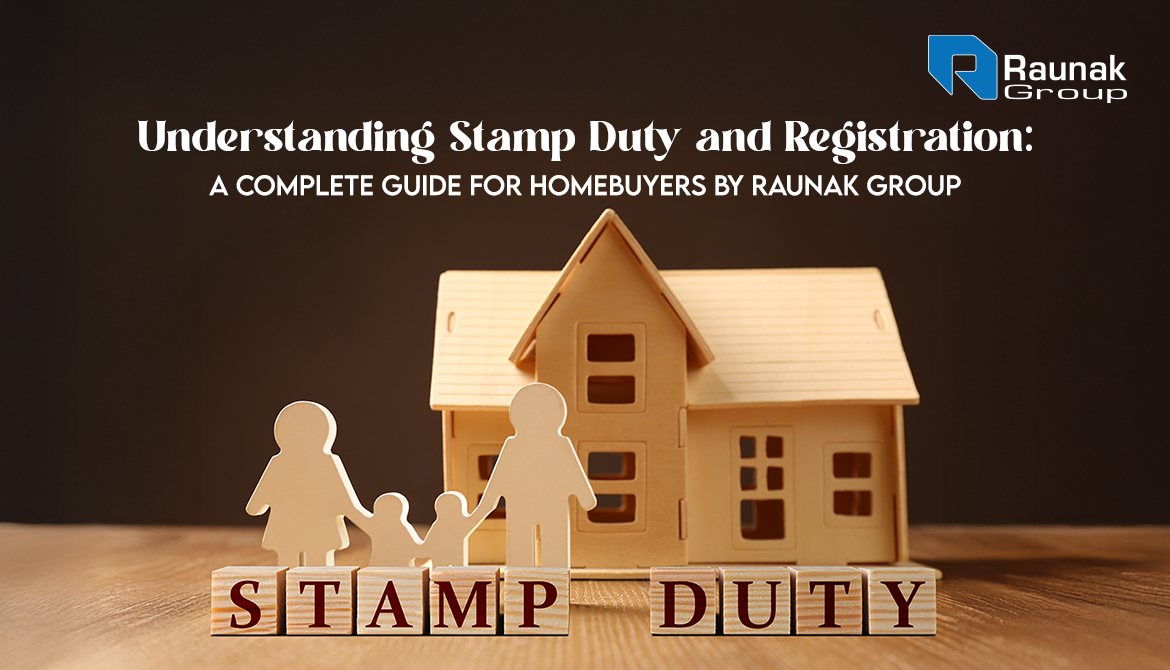
Stamp duty and registration are crucial steps in any property transaction, ensuring legal ownership and protecting against disputes. These charges, mandated by the government, officially document the buyer as the rightful owner while adding authenticity to the deal. Whether you’re a first-time buyer or seasoned investor, understanding these aspects is essential to make informed decisions and avoid unexpected costs. This guide will walk you through the significance, calculation, and procedures for a hassle-free property registration experience.
Stamp duty is a government-imposed tax on property transactions, ensuring legal recognition of ownership. It serves as a crucial step in validating property documents, safeguarding both buyers and sellers. The rates vary depending on factors like property type (residential or commercial), location (urban or rural), and value. Higher-value properties or urban locations often attract higher rates. Understanding stamp duty helps in budgeting for property purchases, as it’s a key cost in the legal transfer of ownership.
Property registration is the official recording of property ownership in government records. It is crucial as it legally establishes the owner’s rights and protects against future disputes. Without registration, property transactions lack legal validity, leaving the buyer vulnerable to claims or fraud. Additionally, not registering a property can lead to hefty penalties or legal complications. It’s important to differentiate between stamp duty (a tax on property transactions) and registration charges (a fee for recording ownership). Both are essential for completing the process.
Paying stamp duty and registering a property is a crucial step in the property transaction process. To pay stamp duty, you can opt for e-stamping through authorized websites or make an offline payment at designated banks. Once the duty is paid, the next step is property registration at the sub-registrar’s office. You’ll need documents like the sale deed, proof of identity, property papers, and payment receipts. The registrar will verify these documents, and after verification, your property will be officially registered, ensuring legal ownership.
When purchasing a property, it’s crucial to understand the stamp duty and registration charges involved. One common mistake is underestimating the stamp duty, which can vary based on the property value and location. Additionally, errors during the registration process—such as incorrect document submission or missing signatures—can cause delays or legal issues. Always ensure accurate calculations and thorough documentation to avoid these pitfalls. Seeking expert guidance can help you navigate these processes smoothly, ensuring a hassle-free property transaction.
Partnering with Raunak Group offers numerous benefits, especially when it comes to navigating the complexities of stamp duty and property registration. Raunak Group ensures a seamless experience by providing expert assistance throughout the process, helping homebuyers understand and manage the legal requirements. With their transparent approach, they make the journey smooth and hassle-free, offering clarity and peace of mind. Raunak Group’s commitment to supporting their customers at every step makes them a trusted partner in home buying.
Investing in a home is about protecting your future, not just buying a property. The appropriate builder can make all the difference, whether your goal is luxury, convenience, or a quiet area. Companies with a reputation for providing outstanding value with their projects include Raunak Group. Always research, visit the site, and ensure it aligns with your lifestyle needs.